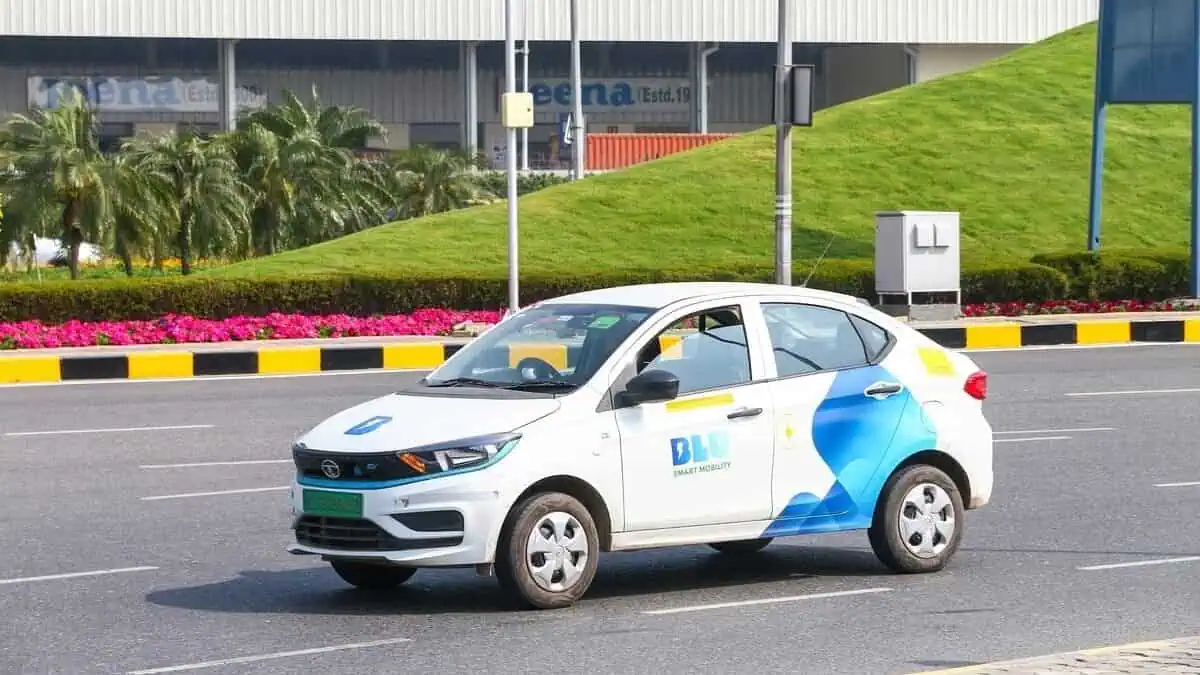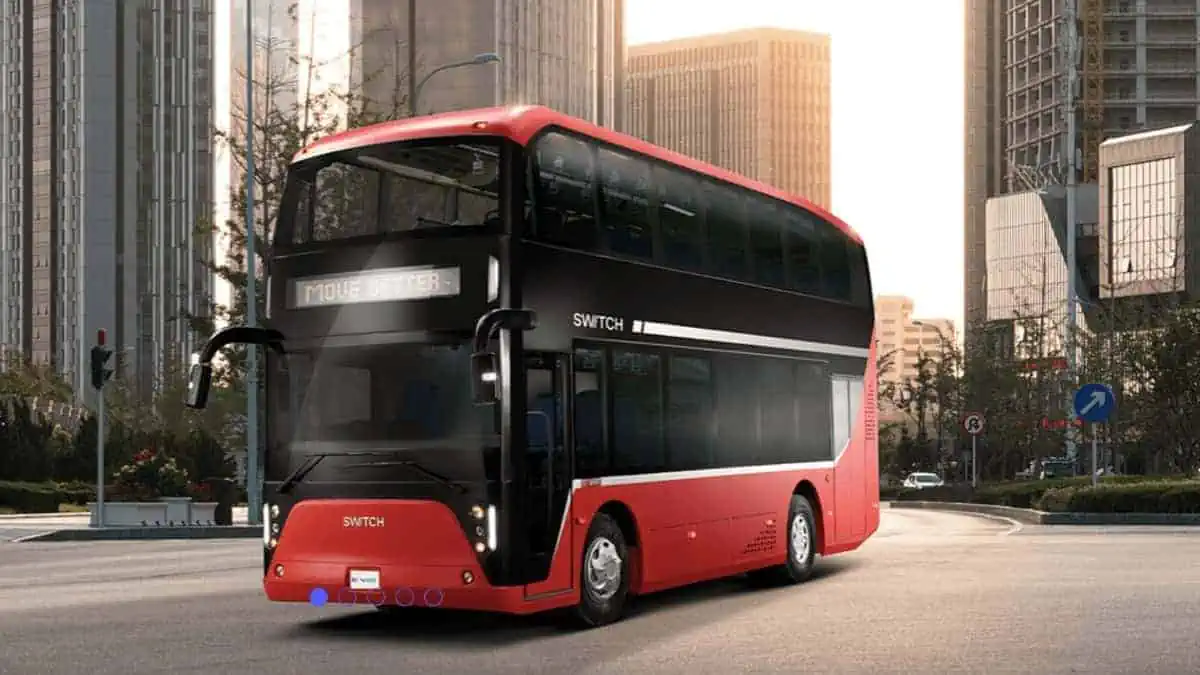Indian legacy automaker Tata Motors will soon launch distinctive platforms for its internal combustion engine-powered (ICE) and electric vehicle offerings, Business Standard reports.
For context, Tata’s Nexon EV, Tiago EV, and Tigor EV are currently riding on an ICE platform.
Plan details
Global Head of Design Martin Uhlarik announced that Tata Motors is planning a future division of traditional vehicles and battery electric passenger vehicle platforms.
The move is apparently part of the company’s efforts to improve its EV technologies and boost their efficiency. According to Uhlarik, a distinctive EV platform will enable the company to offer a home-like interior with a minimalistic design to meet customers’ demand for material comfort and intuitiveness.
“We see an eventual splitting of ICE (internal combustion engine) and EV, which is simply driven by the platform. If EV has to carry over an ICE architecture, it will always be handicapped in terms of its full potential, in terms of range, in terms of battery layout.”
Global Head of Design Martin Uhlarik
Why is it necessary?
Tata Motors’ Martin Uhlarik further explained that the planned ICE and EV models platform split is necessary to overcome some barriers in electric vehicle development, such as conventional transmission tunnels and firewalls.
“So if you want to do a proper EV or do a pure EV platform, at some point you’ll have to see the products split, not just visually but eventually you have to actually make it unique.”
Global Head of Design Martin Uhlarik
Uhlarik also indicated that the concept of having different platforms for ICE and EV models is already prevalent in the global automotive industry.
However, he omitted to share the automaker’s exact date for the plan execution.
Tata to separate EVs’ sales network
Tata also recently announced plans to have exclusive retail showrooms for its Tata.ev electric vehicle unit, which it founded in late August 2023.
The move is crucial for the company to establish a new brand identity and offer a new buying experience for customers.
“Tata.ev showrooms will evolve over time. This is necessary due to the new brand identity we have created to provide a differentiated experience to buyers. Simultaneously, we must ensure that the scale reaches a level viable for our channel partners.”
Shailesh Chandra, managing director of Tata Passenger Electric Mobility
See Also:
Tata set a target of boosting EV sales to hit 50% of its new passenger vehicle sales by the end of the decade. Tata will also soon launch four new electric SUVs as early as next year to expand its EV portfolio.
That said, all these initiatives are part of the company’s wider electrification strategies as it seeks to dominate the local EV industry, considering the potential arrival of a very strong American brand, Tesla.






